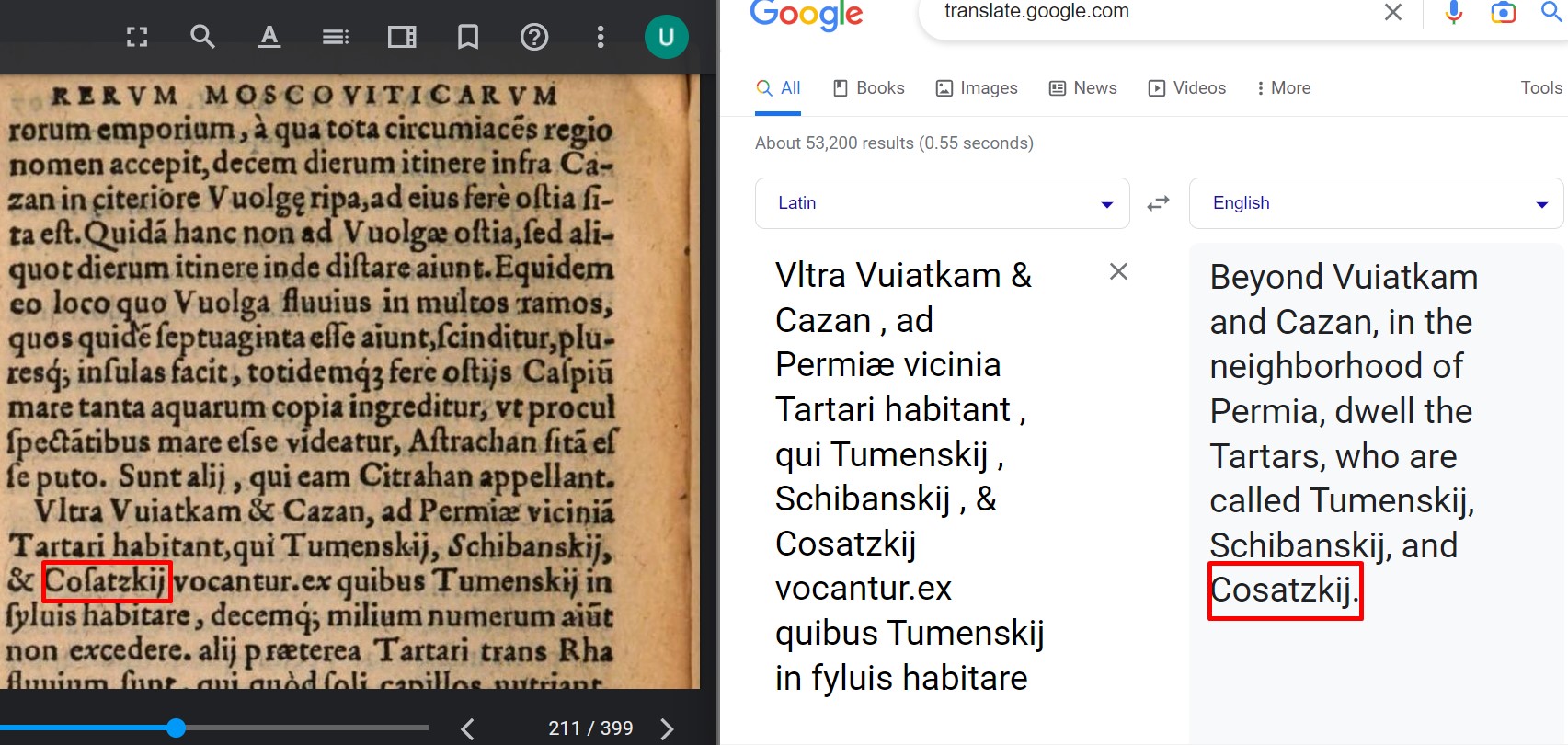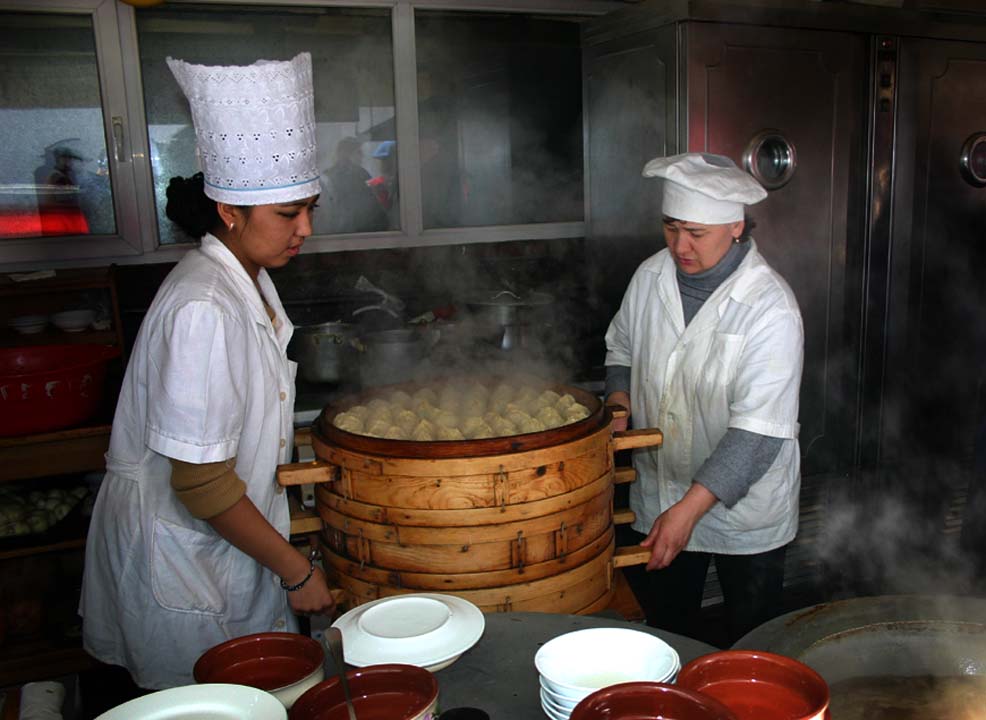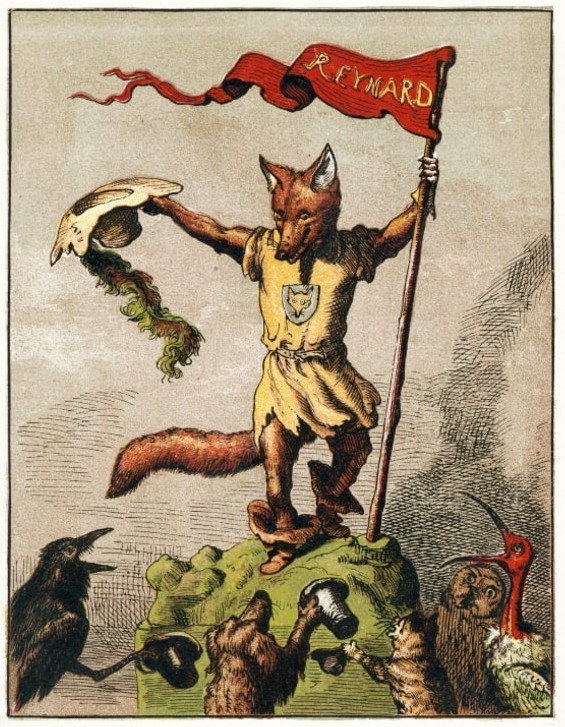|
Aldar Kose
Aldar kose, (native name kk, Алдар көсе/Aldar köse) is a Kazakh folk fairy tale and name of main character. He is the collective image of the sly but very kind man. In fairy tales he is a swindler, cheating the greedy rich, evil Khans Khan may refer to: *Khan (inn), from Persian, a caravanserai or resting-place for a travelling caravan *Khan (surname), including a list of people with the name *Khan (title), a royal title for a ruler in Mongol and Turkic languages and used by ... and helping the poor and weak people.Қазақ әдебиеті. Энциклопедиялық анықтамалық. - Алматы: «Аруна Ltd.» ЖШС, 2010. The ''Historical Dictionary of Kazakhstan'' refers to him as a "creative liar". In theatre and film A play ''Aldar-Kose'', a folk-comedy by Shakhmet Khusainov, was published in the early 1940s. In 1964 a Soviet film simply entitled ''Aldar-Kose'' was produced by Sh. Aimanov. In Turkmenistan a children's film, '' Prikluc ... [...More Info...] [...Related Items...] OR: [Wikipedia] [Google] [Baidu] |
Kazakhs
The Kazakhs (also spelled Qazaqs; Kazakh: , , , , , ; the English name is transliterated from Russian; russian: казахи) are a Turkic-speaking ethnic group native to northern parts of Central Asia, chiefly Kazakhstan, but also parts of northern Uzbekistan and the border regions of Russia, as well as Northwestern China (specifically Ili Kazakh Autonomous Prefecture) and Mongolia ( Bayan-Ölgii Province). The Kazakhs are descendants of the ancient Turkic Kipchak tribes and the medieval Mongolic tribes, and generally classified as Turco-Mongol cultural group. Kazakh identity is of medieval origin and was strongly shaped by the foundation of the Kazakh Khanate between 1456 and 1465, when following disintegration of the Golden Horde, several tribes under the rule of the sultans Janibek and Kerei departed from the Khanate of Abu'l-Khayr Khan in hopes of forming a powerful khanate of their own. ''Kazakh'' is used to refer to ethnic Kazakhs, while the term ''Kazakhstani'' ... [...More Info...] [...Related Items...] OR: [Wikipedia] [Google] [Baidu] |
Folk Story
Folklore is shared by a particular group of people; it encompasses the traditions common to that culture, subculture or group. This includes oral traditions such as tales, legends, proverbs and jokes. They include material culture, ranging from traditional building styles common to the group. Folklore also includes customary lore, taking actions for folk beliefs, the forms and rituals of celebrations such as Christmas and weddings, folk dances and initiation rites. Each one of these, either singly or in combination, is considered a folklore artifact or traditional cultural expression. Just as essential as the form, folklore also encompasses the transmission of these artifacts from one region to another or from one generation to the next. Folklore is not something one can typically gain in a formal school curriculum or study in the fine arts. Instead, these traditions are passed along informally from one individual to another either through verbal instruction or demonstration ... [...More Info...] [...Related Items...] OR: [Wikipedia] [Google] [Baidu] |
Khan (title)
Khan ''khan/qan''; tr, han; Azerbaijani: ''xan''; Ottoman: ''han''; Old Turkic: ''kan''; Chinese: 汗 ''hán''; Goguryeo: 皆 ''key''; Buyeo: 加 ''ka''; Silla: 干 ''kan''; Gaya: 旱 ''kan''; Baekje: 瑕 ''ke''; Manchu: ; Persian: خان; Punjabi: ਖ਼ਾਨ; Hindustani: ख़ान or ख़ां (Devanagari), or (Nastaleeq); Balochi: خان; Bulgarian: хан, ''khan''; Chuvash: хун, ''hun''; Arabic: خان; bn, খান or ) () is a historic Turko-Mongol title originating among nomadic tribes in the Central and Eastern Eurasian Steppe to refer to a chief or ruler. It first appears among the Rouran and then the Göktürks as a variant of khagan (sovereign, emperor) and implied a subordinate ruler. In the Seljuk Empire, it was the highest noble title, ranking above malik (king) and emir (prince). In the Mongol Empire it signified the ruler of a horde (''ulus''), while the ruler of all the Mongols was the khagan or great khan. The title subsequently de ... [...More Info...] [...Related Items...] OR: [Wikipedia] [Google] [Baidu] |
Stamp Of Kazakhstan 437
Stamp or Stamps or Stamping may refer to: Official documents and related impressions * Postage stamp, used to indicate prepayment of fees for public mail * Ration stamp, indicating the right to rationed goods * Revenue stamp, used on documents to indicate payment of tax * Rubber stamp, device used to apply inked markings to objects ** Passport stamp, a rubber stamp inked impression received in one's passport upon entering or exiting a country ** National Park Passport Stamps * Food stamps, tickets used in the United States that indicate the right to benefits in the Supplemental Nutrition Assistance Program Collectibles * Trading stamp, a small paper stamp given to customers by merchants in loyalty programs that predate the modern loyalty card * Eki stamp, a free collectible rubber ink stamp found at many train stations in Japan Places * Stamp Creek, a stream in Georgia * Stamps, Arkansas People * Stamp or Apiwat Ueathavornsuk (born 1982), Thai singer-songwriter * Stamp ( ... [...More Info...] [...Related Items...] OR: [Wikipedia] [Google] [Baidu] |
Kazakhstani Culture
Kazakhstan has a well-articulated culture based on the nomadic pastoral economy of the inhabitants. Islam was introduced to Kazakhstan in the 7th to 12th centuries. Besides lamb, many other traditional foods retain symbolic value. Kazakh culture is largely influenced by the Turkic nomadic lifestyle. It also seems to be strongly influenced by the nomadic Scythians. Because animal husbandry was central to the Kazakhs' traditional lifestyle, most of their nomadic practices and customs relate in some way to livestock. Traditional curses and blessings invoked disease or fertility among animals, and good manners required that a person ask first about the health of a man's livestock when greeting him and only afterward inquire about the human aspects of his life. The traditional Kazakh dwelling is the ''yurt'', a tent consisting of a flexible framework of willow wood covered with varying thicknesses of felt. The open top permits smoke from the central hearth to escape; temperature and dr ... [...More Info...] [...Related Items...] OR: [Wikipedia] [Google] [Baidu] |
Kazakh Legends
Kazakh, Qazaq or Kazakhstani may refer to: * Someone or something related to Kazakhstan *Kazakhs, an ethnic group *Kazakh language *The Kazakh Khanate * Kazakh cuisine * Qazakh Rayon, Azerbaijan * Qazax, Azerbaijan *Kazakh Uyezd, administrative district of Elisabethpol Governorate during Russian rule in Azerbaijan *Khazak, Iran, a village in Fars Province, Iran See also * Cossack (other) * Kazaky, Ukrainian pop band * Kazak (other) Kazak may refer to: Places * Kazak, Bulgaria, a village * Kazak, Iran, a village in Fars Province * Kazak Island, Antarctica * 6110 Kazak, a main-belt asteroid Other uses * Cossacks, a Slavic-speaking social group of Eastern Europe * Kazakhs, a Tu ... {{disambig, geo Language and nationality disambiguation pages ... [...More Info...] [...Related Items...] OR: [Wikipedia] [Google] [Baidu] |
Kazakh Folklore
Kazakh, Qazaq or Kazakhstani may refer to: * Someone or something related to Kazakhstan *Kazakhs, an ethnic group *Kazakh language *The Kazakh Khanate * Kazakh cuisine * Qazakh Rayon, Azerbaijan *Qazax, Azerbaijan *Kazakh Uyezd, administrative district of Elisabethpol Governorate during Russian rule in Azerbaijan *Khazak, Iran, a village in Fars Province, Iran See also * Cossack (other) * Kazaky, Ukrainian pop band * Kazak (other) Kazak may refer to: Places * Kazak, Bulgaria, a village * Kazak, Iran, a village in Fars Province * Kazak Island, Antarctica * 6110 Kazak, a main-belt asteroid Other uses * Cossacks, a Slavic-speaking social group of Eastern Europe * Kazakhs, a Tu ... {{disambig, geo Language and nationality disambiguation pages ... [...More Info...] [...Related Items...] OR: [Wikipedia] [Google] [Baidu] |
Tricksters
In mythology and the study of folklore and religion, a trickster is a character in a story (god, goddess, spirit, human or anthropomorphisation) who exhibits a great degree of intellect or secret knowledge and uses it to play tricks or otherwise disobey normal rules and defy conventional behavior. Mythology Tricksters, as archetypal characters, appear in the myths of many different cultures. Lewis Hyde describes the trickster as a "boundary-crosser".Hyde, Lewis. ''Trickster Makes This World: Mischief, Myth, and Art''. New York: Farrar, Straus and Giroux, 1998. The trickster crosses and often breaks both physical and societal rules: Tricksters "violate principles of social and natural order, playfully disrupting normal life and then re-establishing it on a new basis." Often, this bending or breaking of rules takes the form of tricks or thievery. Tricksters can be cunning or foolish or both. The trickster openly questions, disrupts or mocks authority. Many cultures have tales of ... [...More Info...] [...Related Items...] OR: [Wikipedia] [Google] [Baidu] |





